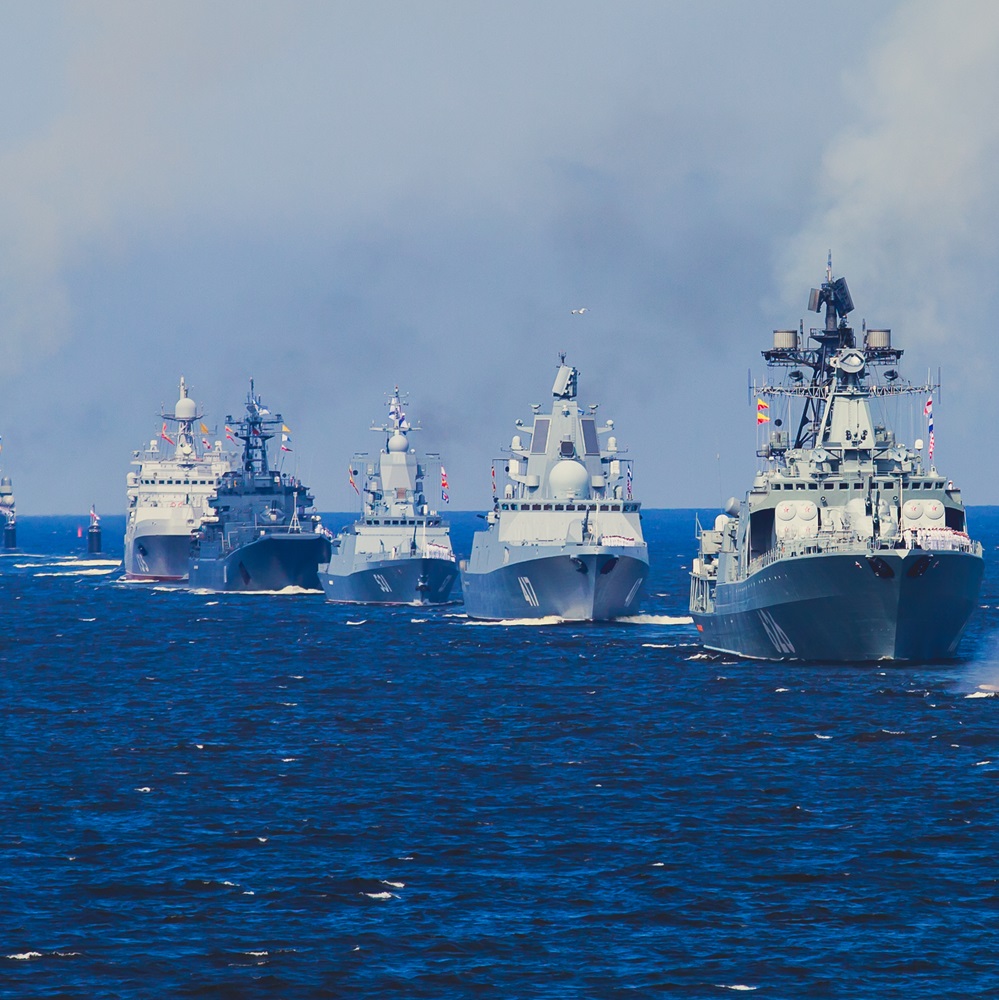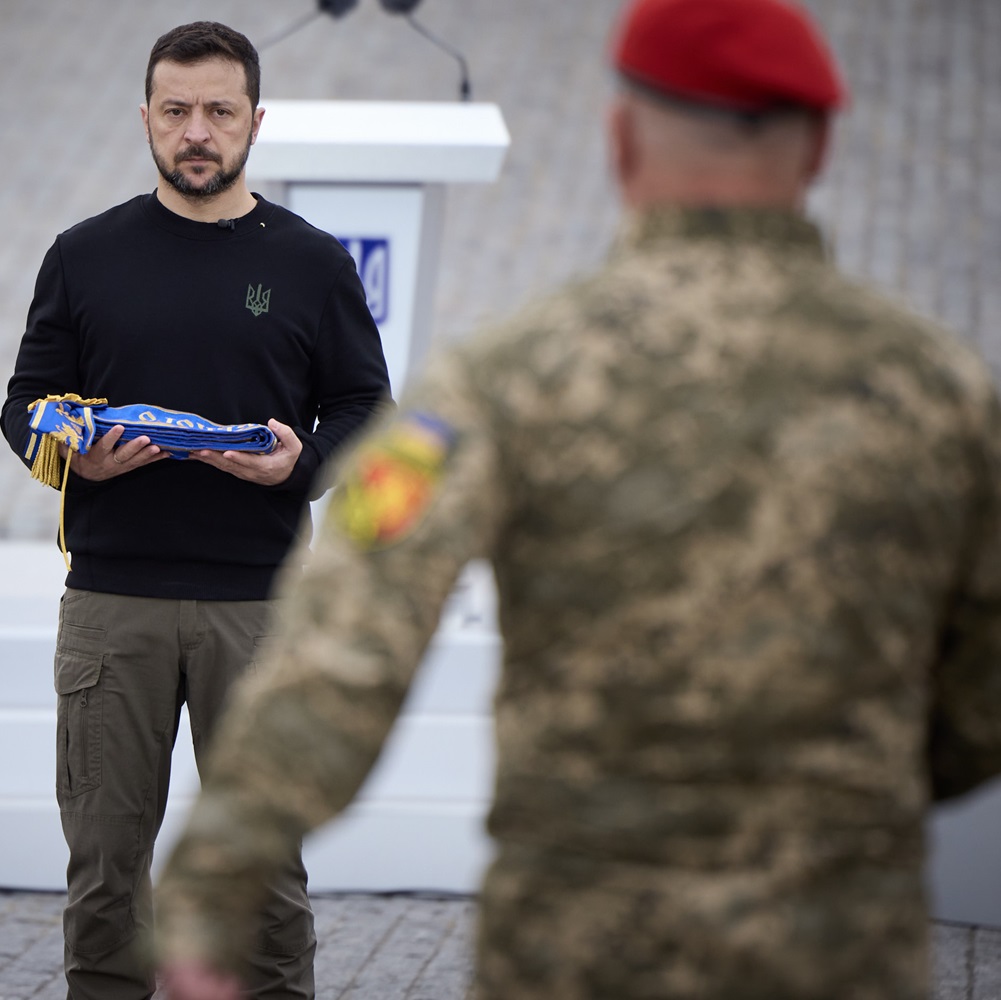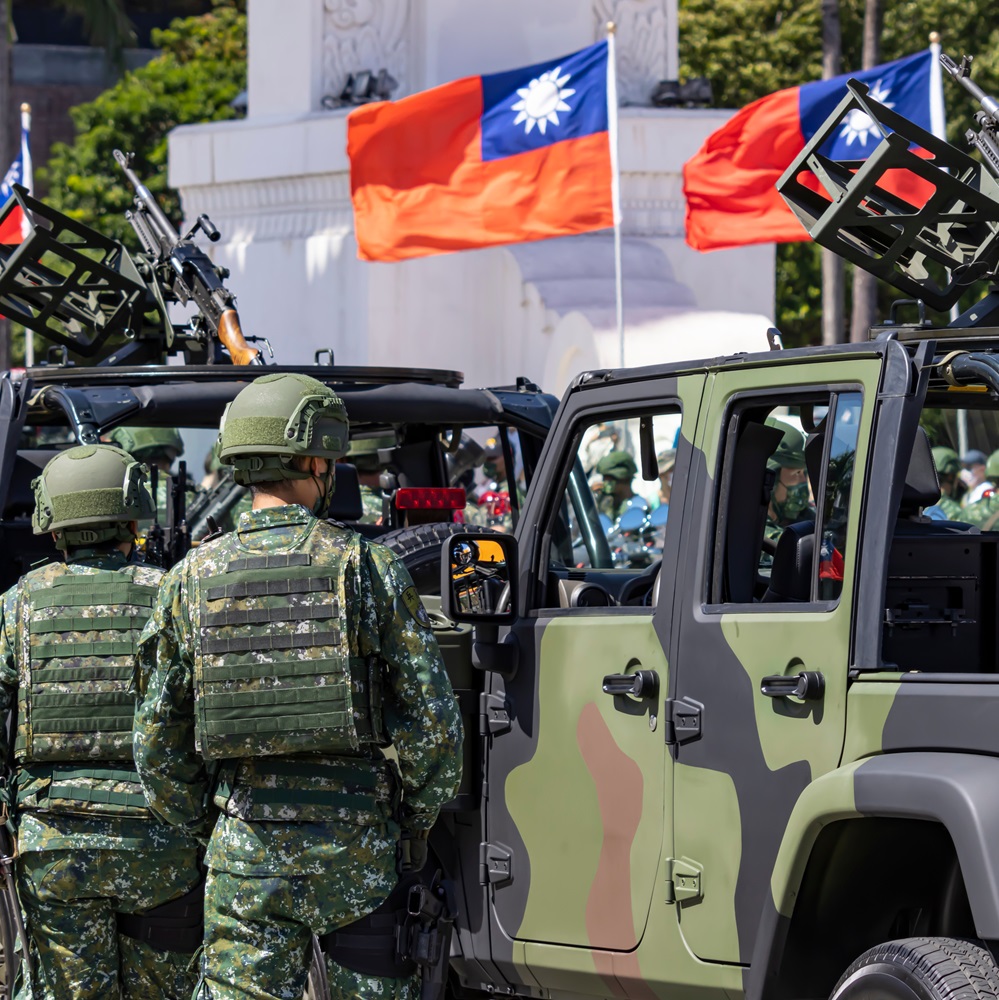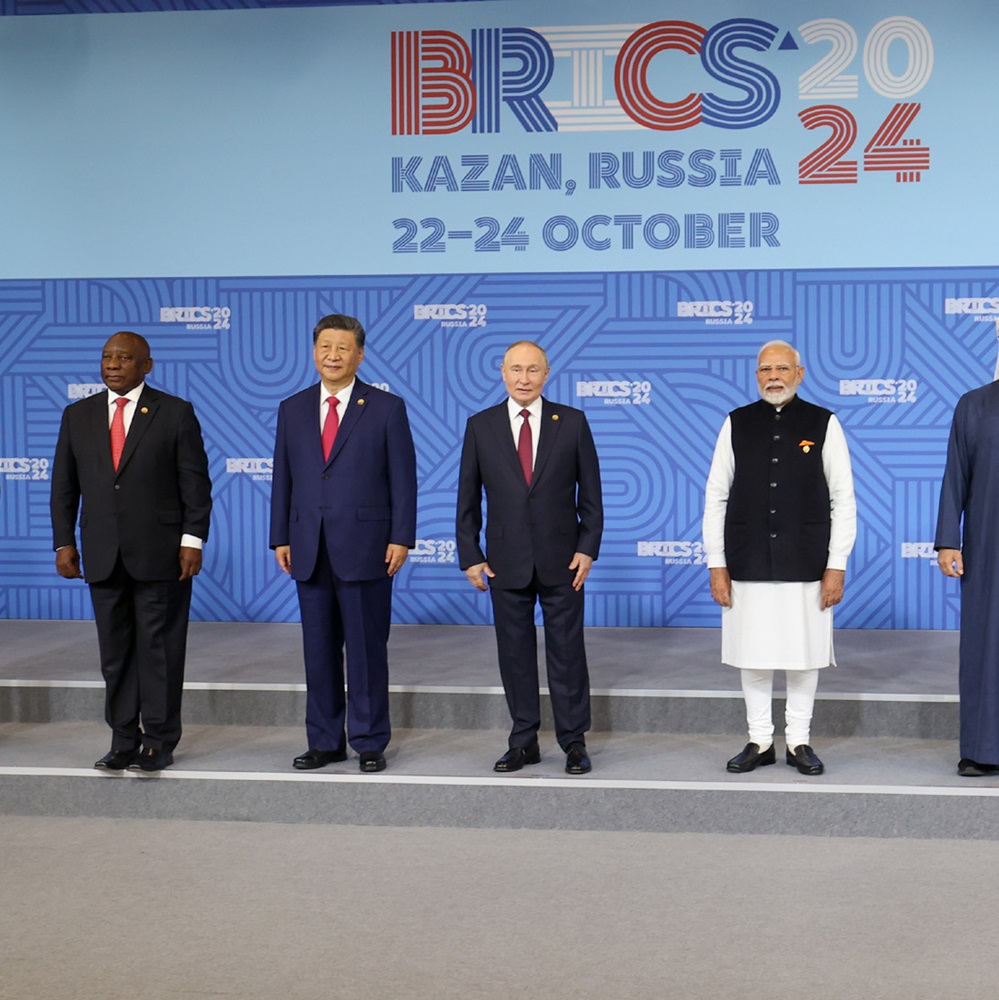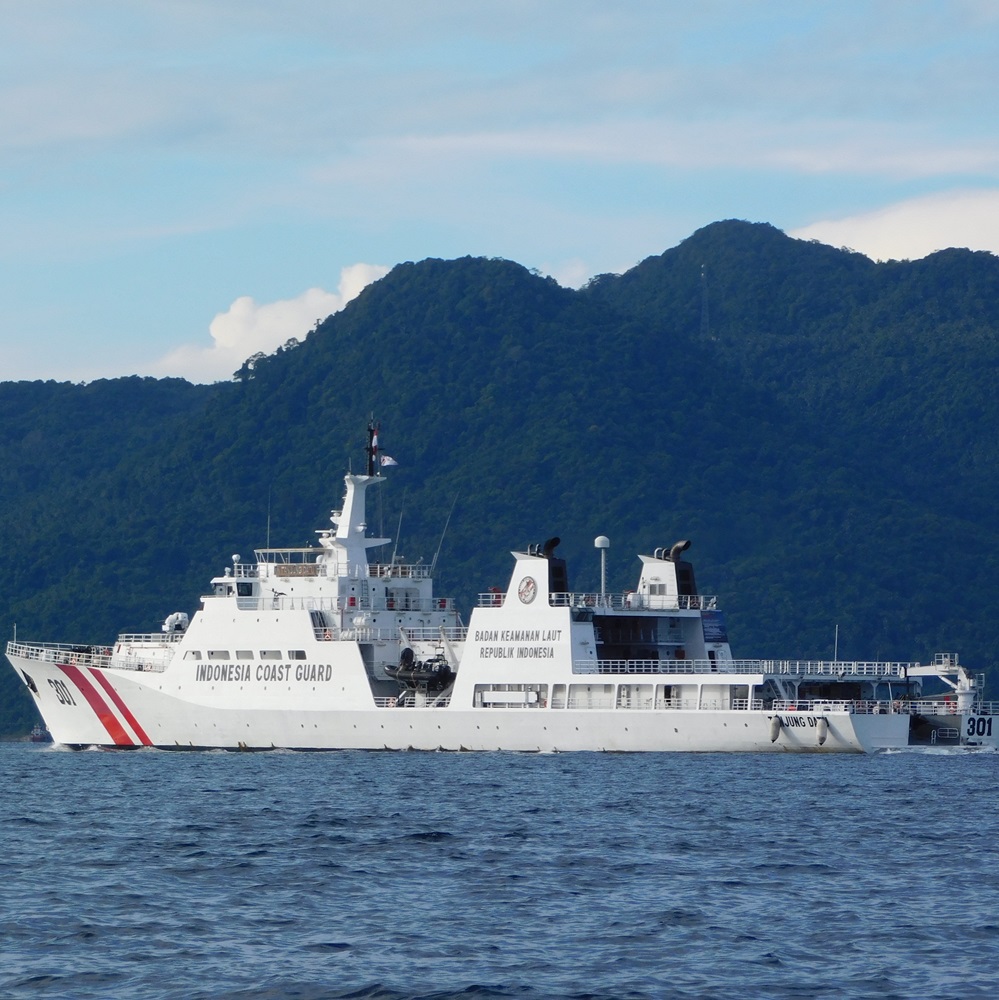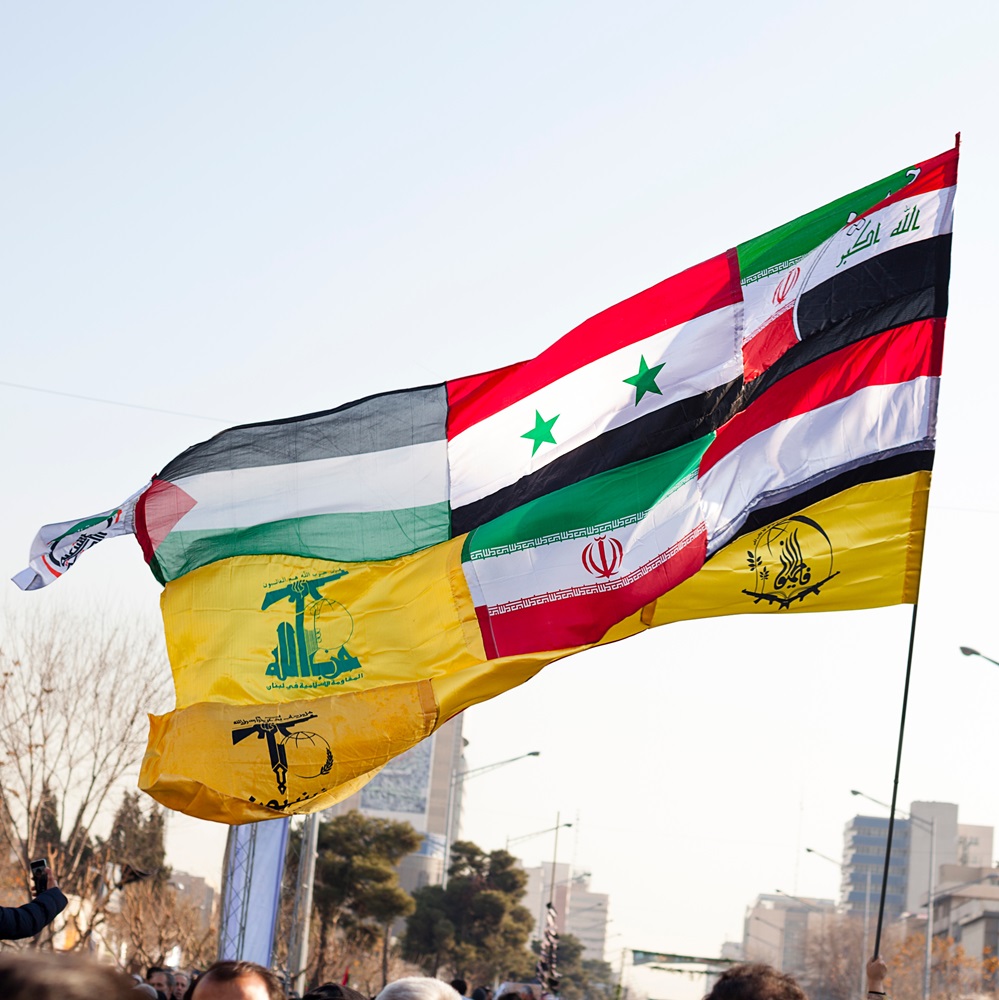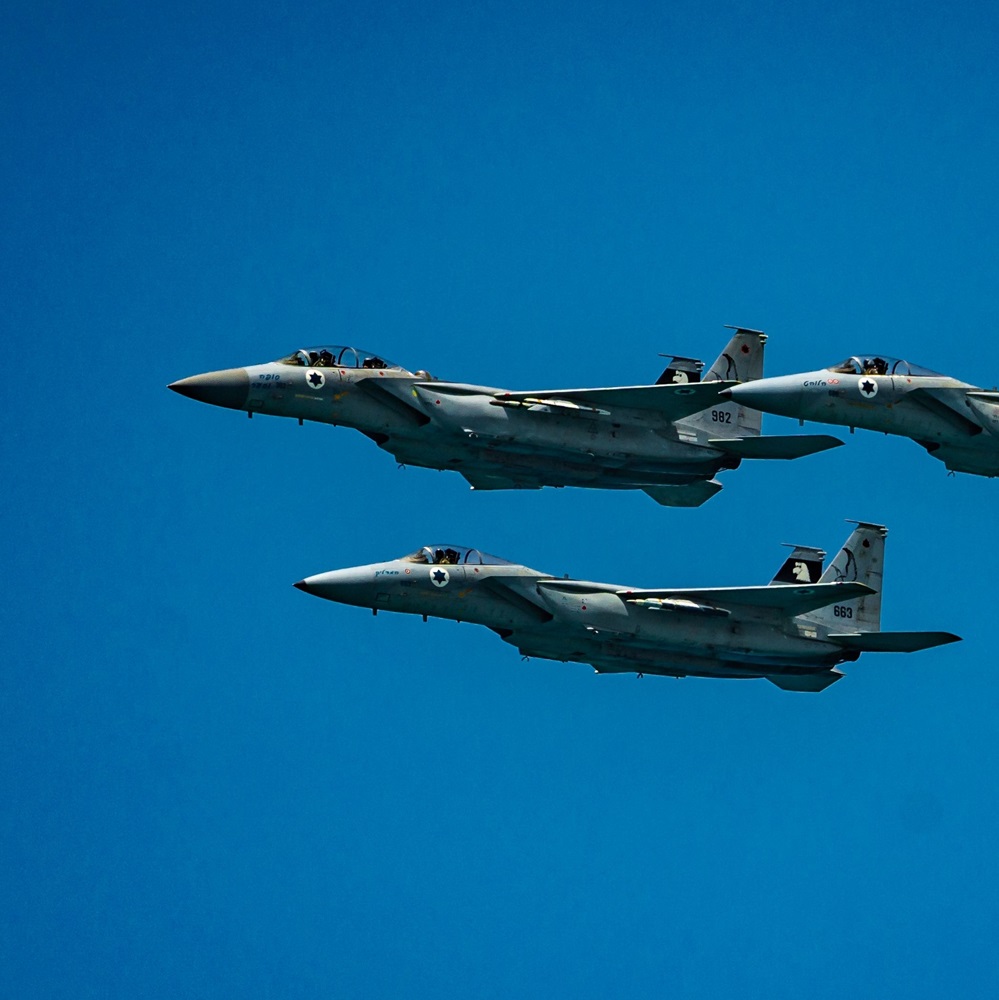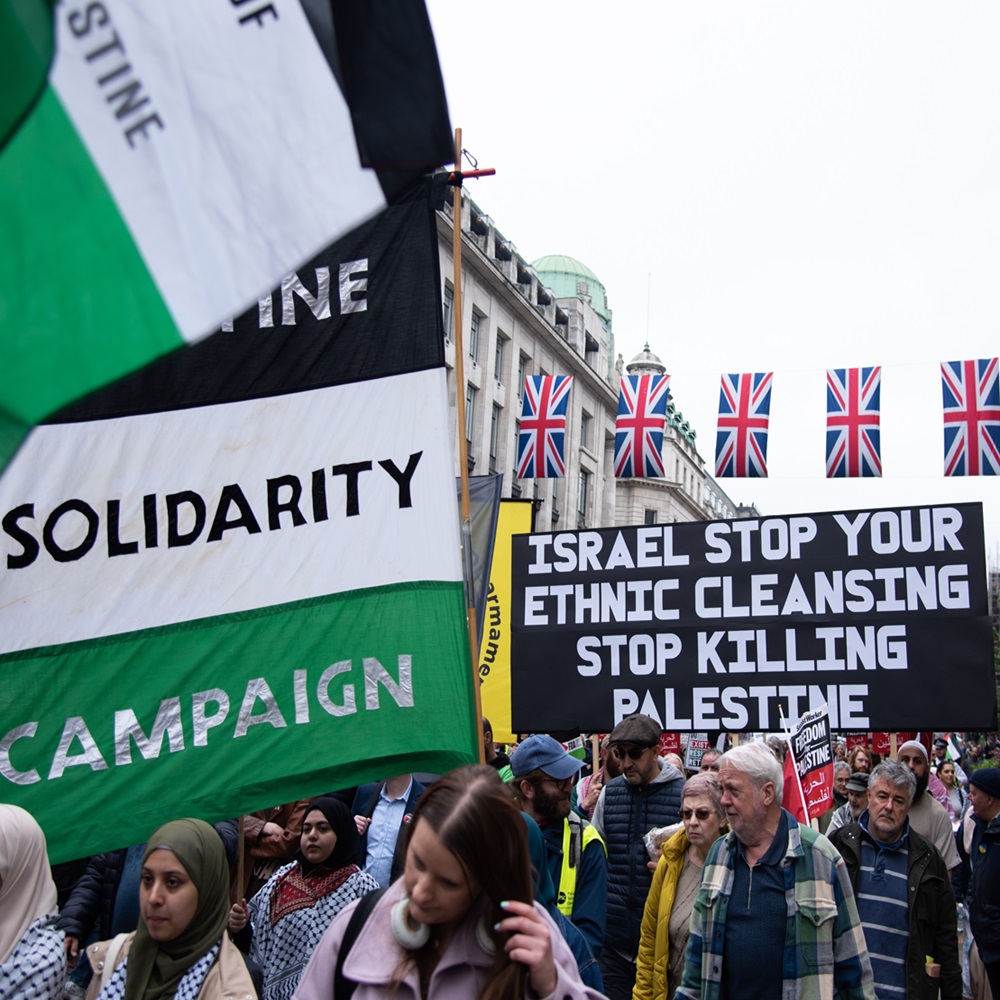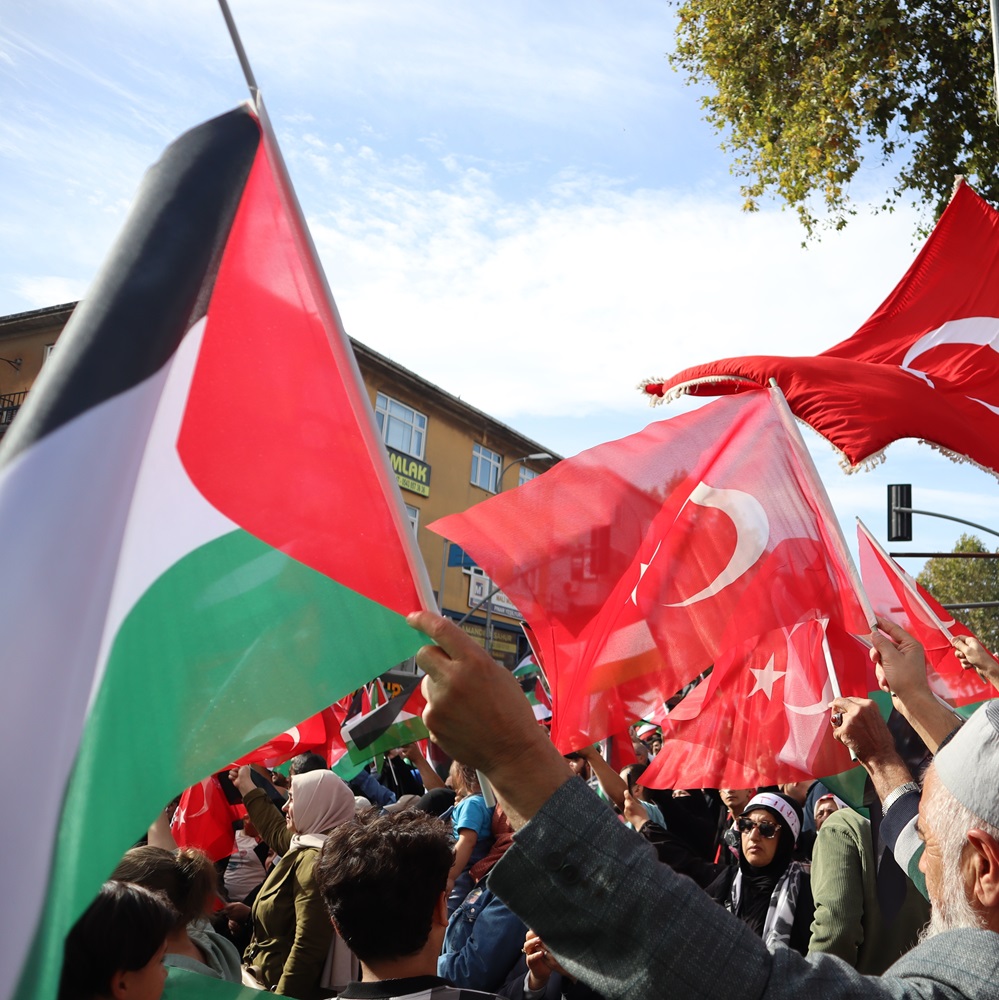
Political Insights (14): Determinants of the Turkish Policy on Operation al-Aqsa Flood
by Dr. Sa‘id al-Haj
한국어로 읽기 Leer en español In Deutsch lesen Gap اقرأ بالعربية Lire en français Читать на русском Operation al-Aqsa Flood occurred amid Türkiye’s normalization of relations with Israel and its intent to further develop economic cooperation, particularly in the energy sector, which initially influenced Türkiye’s position in the early days. However, as Israeli massacres unfolded, Ankara’s stance on the war on Gaza Strip (GS) evolved both in statements and actions, placing Türkiye in ongoing political conflict with Israel, and particularly with Prime Minister Benjamin Netanyahu. First: Determinants of the Turkish Position The Turkish stance on Operation al-Aqsa Flood was shaped by several key factors, foremost among them: • It came as part of Türkiye’s broader efforts to de-escalate and normalize relations with several regional powers in recent years, aiming to resolve foreign policy crises and avoid regional conflicts that could threaten stability.• It came in the context of restoring diplomatic relations with Israel, reinstating ambassadors, and expressing a desire to cooperate primarily in the field of energy in the Eastern Mediterranean. There was also a clear intention to separate the Palestine issue from the course of bilateral relations, aiming to keep Israel’s policies toward the Palestinians distinct from its relations with Türkiye, as stated by Turkish President Recep Tayyip Erdoğan.• The traditional view that relations with Israel are one of the key factors in Türkiye’s ties with the US, remains significant. At this stage, Ankara seeks calmer and more positive relations with the US, especially as it awaits the conclusion of the F-16 fighter jet deal.• Türkiye’s advanced relations with both sides of the Palestinian spectrum are evident. On the official side, represented by the PA and President Mahmud ‘Abbas, Türkiye has been a key supporter of Palestinian diplomatic efforts, particularly at the UN. At the same time, Türkiye maintains close ties with the resistance, specifically Hamas.• Türkiye’s aspiration to play a leading role in the region and the Muslim world stems from its belief that achieving this requires taking a prominent stance on the Palestine issue, consistent with Türkiye’s moral and historical position on the matter.• Seeking to align with the popular stance on the Palestine issue, particularly regarding the war on GS, Türkiye has responded to the widespread and intense public anger. The public has demanded actions that correspond to the scale of the genocide and massacres occurring in GS.• The political consensus in Türkiye across various parties, almost without exception, has led to increased pressure on the presidency and the government from opposition parties to adopt stronger positions. This pressure is especially notable from Islamic and conservative parties, which are seen as rivals to the AKP within the conservative segment of society. Second: Aspects of Turkish Position Regarding Operation al-Aqsa Flood The following aspects of Türkiye’s official stance toward Operation al-Aqsa Flood can be observed: • Ankara’s position in the first few days following Operation al-Aqsa Flood was characterized by restraint, taking a balanced approach by speaking of “targeting civilians,” calling on “all parties” to de-escalate, and urging the “release of hostages.”• With the onset of the ground war and the growing popular and partisan opposition within Türkiye against Israeli actions in GS, Ankara fully embraced the Palestinian narrative, condemning Israeli massacres as “genocide,” labeling Israel as a “terrorist state,” and declaring that it had “turned the page” on dealing with Netanyahu, now referring to him as a “war criminal.”• Türkiye rejects the classification of Hamas as a terrorist organization, affirming it as a resistance movement against occupation, viewing it as the first line of defense for Türkiye and the Muslim world. Türkiye has maintained ongoing communication and meetings with Hamas at various levels, including those involving President Erdoğan, Foreign Minister Hakan Fidan, and the head of the National Intelligence Agency (MIT) İbrahim Kalın.• Willingness to play a mediation role has been evident, as the Palestinian resistance released some foreigners in response to President Erdoğan’s mediation efforts.• Hosting dozens of wounded Palestinians in Türkiye’s hospitals for treatment and sending several aid convoys to Egypt to enter GS. Türkiye is the largest sender of aid, according to official data.• Proposing the deployment of Turkish troops in Palestinian territories as part of the concept of “guarantor states,” positioning Türkiye as one of the guarantor states for the Palestinian side—an idea that was rejected by Israel.• Participating in the joint ministerial committee established by the joint extraordinary summit between the League of Arab States and the Organisation of Islamic Cooperation (OIC) to monitor the situation and developments in GS.• As the massacres continued, Türkiye’s position has escalated through the imposition of gradual economic sanctions that could lead to a complete halt of all commercial dealings with Israel, despite reports suggesting alternative routes and third countries for delivering Turkish goods.• Türkiye’s announcement to join South Africa’s genocide case before the International Court of Justice (ICJ).• Türkiye announced the dismantling of Israeli Mossad networks operating within its borders during the war months.• Verbal exchanges with Israeli officials, particularly Foreign Minister Yisrael Katz, who threatened Erdoğan with the fate of the late Iraqi President Saddam Hussein.• Türkiye has consistently criticized the US and European positions for being biased toward Israel, viewing them as partners in crime.• Hosting a speech by Palestinian President Mahmud ‘Abbas before the Türkiye Parliament was a response to Netanyahu’s speech in Congress.• Türkiye has declared solidarity with and support for Lebanon in the face of Israeli threats and warned that Netanyahu’s policies may lead to a regional war that will harm everyone in the region.• On the other hand, the Justice and Development Party (Adalet ve Kalkınma Partisi— AKP) and its ally, the Nationalist Movement Party (Milliyetçi Hareket Partisi—MHP), rejected several proposals from opposition parties in parliament aimed at investigating the continued flow of Turkish goods to Israel, revoking the citizenship of Turkish nationals who are members in the Israeli army, and other related proposals. Third: Projections In light of the stalemate in field and political developments related to GS in particular and the Palestinian territories in general, it is expected that Türkiye’s official position will remain consistent. This means maintaining a state of political and media engagement with Israel, fully adopting the Palestinian narrative—including the resistance narrative—and condemning the ongoing genocidal war. It is expected that Türkiye’s efforts in the political and legal arenas to criminalize and hold Netanyahu and other Israeli officials involved in the genocide accountable will continue, especially following the killing of Turkish-American activist Ayşenur Ezgi Eygi in the West Bank, who was shot by Israeli soldiers. Ankara is unlikely to escalate further in the economic sphere, particularly regarding the ongoing transfer of Azerbaijani oil to Israel through its ports. In addition to the developments in the field and political situation related to GS and the resistance, there are two possible factors that may lead to a change or modification of Türkiye’s position in the future. The first is the upcoming US elections and the potential return of Donald Trump to the Oval Office. The second possibility is a regional war involving several parties significant to Türkiye, which could be affected directly or indirectly, primarily Iran, Syria, Greece and Cyprus. This scenario makes it unlikely that Türkiye will remain an observer, especially given its suspicions and concerns about US and Western military buildups in Greece and Cyprus.









